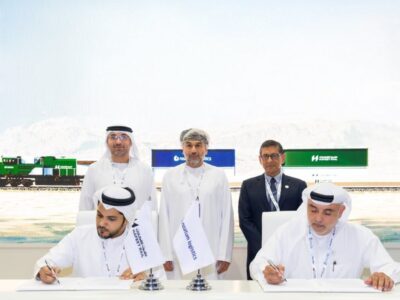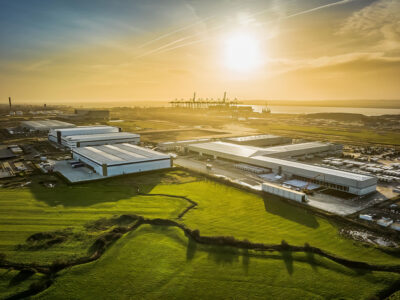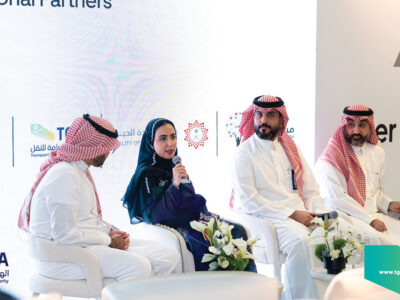The two most basic principles of business are to cut losses and grow profits. Thus, ideas such as social welfarism and environmentalism have not always sat so comfortably in the sphere of business. But all this could change.
Increasing government regulation to ensure that businesses adopt ‘green strategies’ could mean that businesses will have to become eco-friendly if they wish to remain in strategic markets.
In the logistics industry this is becoming ever apparent. For instance, at the beginning of the year Dubai ruler Sheikh Mohammed bin Rashid Al Maktoum announced that all new building contracts would have to be compliant with ‘green’ certification. In the field of warehouse construction this has seen firms such as Amana stepping up to train its engineers in Leed certification, even before the new regulatory framework crystallises at the end of the year.
The Abu Dhabi government have adopted their own hybrid regulatory framework which if anything has a higher requirement on developers.
By cutting the carbon footprint of warehouses across the region, the government has played a major role in paving the way for a sustainable future for the industry.
Moreover, many freight forwarders who rely on ground-based transportation have also begun adopting hybrid vehicles into their fleets. Around the world, governments have already started toying with the idea of offering tax breaks to firms which use hybrids and it is believed that similar incentives will be used in the Middle East.
But this should by no means be viewed solely as a bitter pill that businesses are forced to swallow. Hybrid engines in trucks can cut diesel emissions by 20% – meaning less outlay in the form of skyrocketing diesel prices.
The Eaton Corp, a US industrial manufacturer working with hybrid technology, claims that 10,000 hybrid electric trucks would cut diesel fuel consumption by 7.2 million gallons per year, keeping 83,000 tonnes of carbon dioxide out of the atmosphere.
Not only is this great for the environment but great for business too. All that is needed is greater leadership in developing more efficient engines that are more affordable. But this may not be too far off.
This is one reason perhaps why Aramex introduced four hybrids into its UAE fleet at the beginning of the month and has announced plans to purchase ten more similar vehicles by 2009. There is no doubting the sincerity of CEO and founder Fadi Ghandour on the issue of corporate social responsibility, his face literally glows at the mere mention of the issue, but such plans are increasingly making economic sense too.
The logistics industry, which thrives on the combustion of fossil fuels to move goods from A to B, is undoubtedly one of the world’s biggest contributors to climate change. It is therefore refreshing to see the healthy union between the value-free pursuit of profit and the drive to reduce carbon emissions.
It is fast becoming the case that environmentally friendly policies are no longer the preserve of ethical businessmen handicapped by the weight of their own consciences.
Since everyone will eventually have to go green the only difference is between those who make the change early and reap the kudos and those who drag their heels. Those who take the step early will inevitably benefit from being perceived to possess green credentials and thus gain business from clients who hope that some of the sheen will rub off on their own corporate image.







